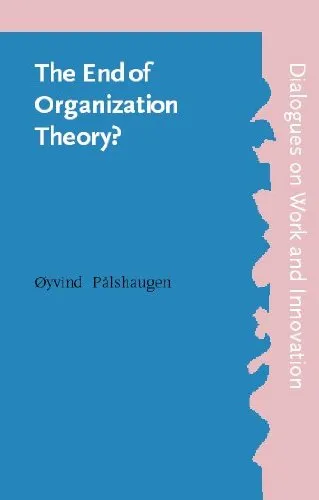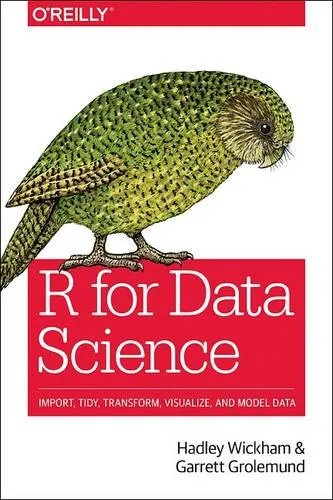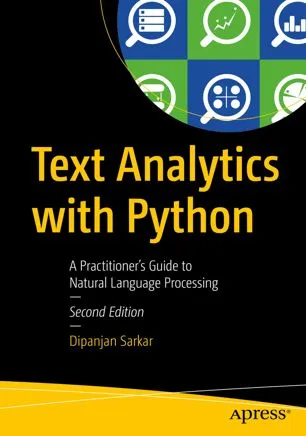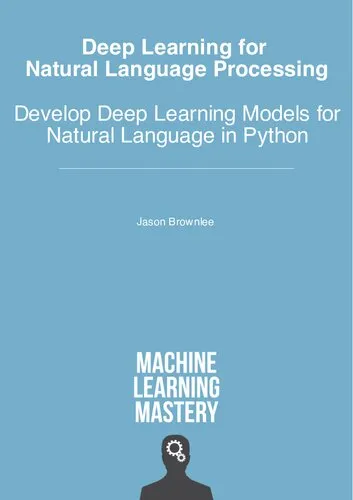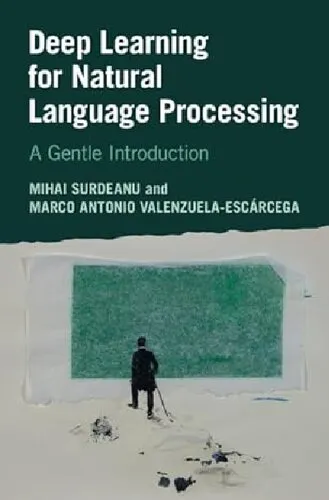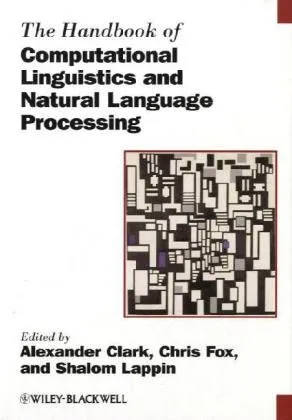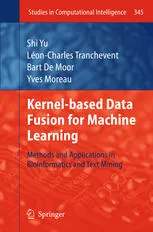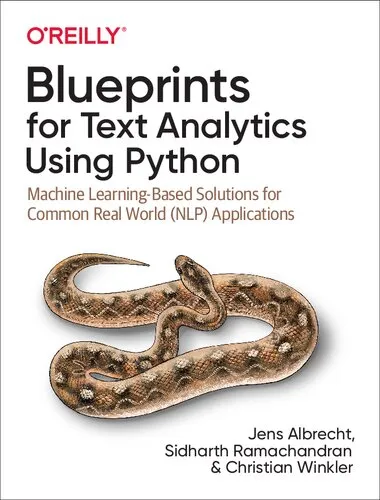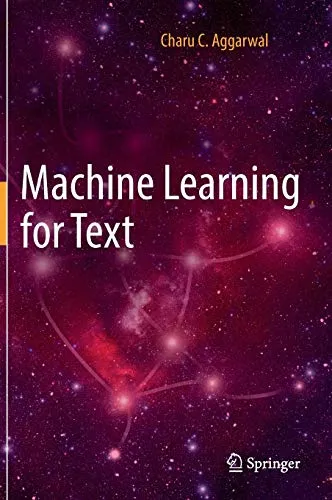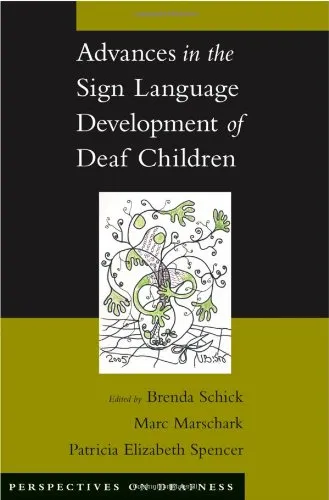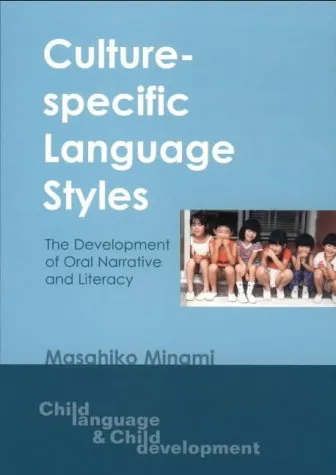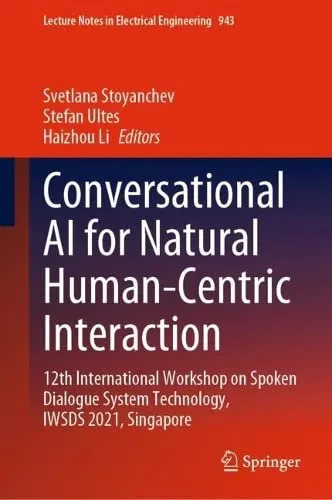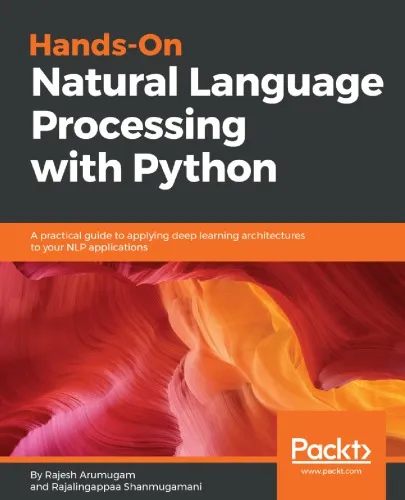The End of Organization Theory?: Language As a Tool in Action Research and Organizational Development (Dialogues on Work and Innovation)
4.5
Reviews from our users

You Can Ask your questions from this book's AI after Login
Each download or ask from book AI costs 2 points. To earn more free points, please visit the Points Guide Page and complete some valuable actions.Related Refrences:
Introduction to "The End of Organization Theory"
Welcome to an exploration of "The End of Organization Theory," a groundbreaking work that challenges conventional wisdom and introduces a radical new perspective on how we understand and engage with organizational structures. This book is an essential read for anyone interested in organizational studies, business management, and innovative thinking.
Detailed Summary of the Book
"The End of Organization Theory" dissects the antiquated frameworks that have long governed organizational studies. It argues that traditional theories have failed to adapt to the rapidly evolving landscapes of the global economy and technology. The book posits that organizations, much like living organisms, must evolve or face obsolescence. Through a blend of historical analysis, case studies, and theoretical innovation, the narrative guides readers through the inadequacies of existing models and proposes a fresh framework. This new paradigm emphasizes adaptability, agility, and a holistic understanding of human and technological interaction.
Key Takeaways
- Traditional organizational theories are increasingly irrelevant in today's fast-paced world.
- A holistic approach, integrating both human and technological elements, is crucial for organizational success.
- The importance of adaptability and agility in the face of continuous change.
- Understanding the complex interplay between organizational structures and external environments can enhance strategic decision-making.
Famous Quotes from the Book
“Organizations are more like dynamic entities in constant flux, rather than static structures confined by rigid borders.”
“To thrive in the future, we must unshackle ourselves from the mental chains of the past.”
“In a world defined by complexity and change, the only constant is the need for innovation and adaptability.”
Why This Book Matters
"The End of Organization Theory" is a seminal work because it not only critiques existing paradigms but also offers actionable insights and frameworks for the future. It is relevant to anyone seeking to understand or implement change within organizations. By highlighting the need for transformation in how we conceive and operate within organizations, the book plays a crucial role in the evolution of management thought. It serves as a call to action for leaders, managers, academics, and students alike, urging them to rethink and reshape the future of organizational theory and practice.
Free Direct Download
You Can Download this book after Login
Accessing books through legal platforms and public libraries not only supports the rights of authors and publishers but also contributes to the sustainability of reading culture. Before downloading, please take a moment to consider these options.
Find this book on other platforms:
WorldCat helps you find books in libraries worldwide.
See ratings, reviews, and discussions on Goodreads.
Find and buy rare or used books on AbeBooks.
1272
بازدید4.5
امتیاز0
نظر98%
رضایتReviews:
4.5
Based on 0 users review
Questions & Answers
Ask questions about this book or help others by answering
No questions yet. Be the first to ask!
